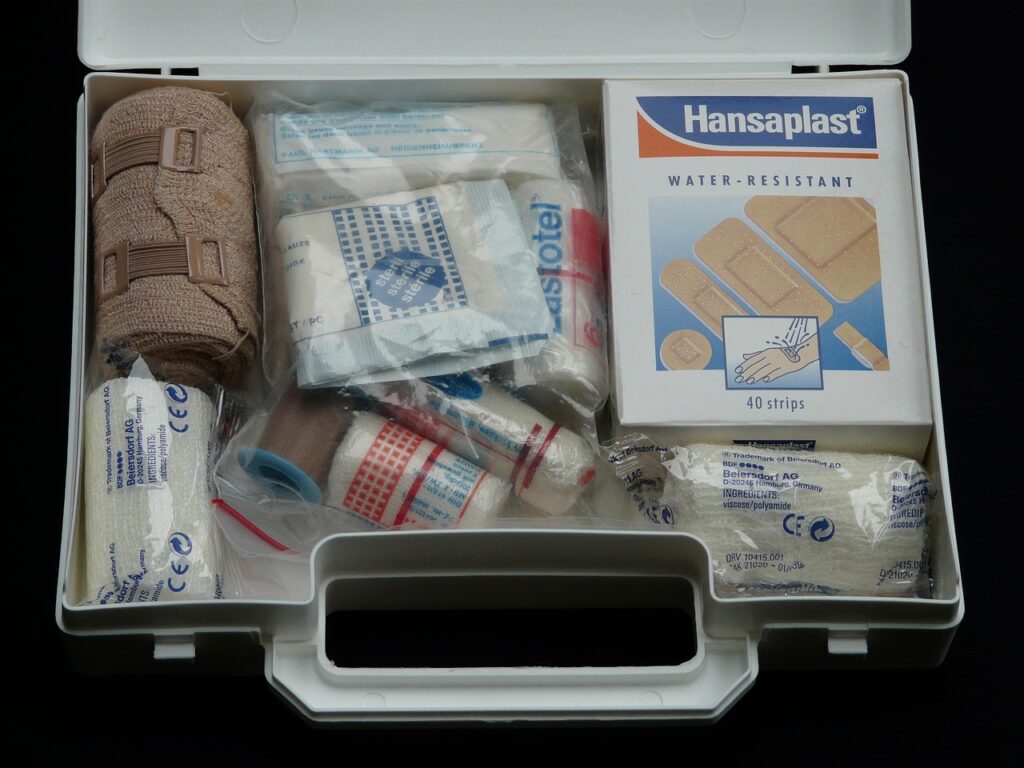
As the due date approaches, one of the key tasks for expectant mothers is packing the hospital bag. It’s important to be well-prepared to ensure a comfortable and stress-free hospital stay. This comprehensive guide provides a checklist to help new moms pack all the essentials for themselves and their newborns, ensuring no important item is forgotten.
Why Packing Early is Important
Packing your hospital bag early is crucial for several reasons. Firstly, it reduces stress as the due date nears. Having your bag ready by around 35-36 weeks of pregnancy ensures that you can head to the hospital without any last-minute panic when labor begins. Secondly, it gives you time to thoughtfully consider what you’ll need and to purchase anything you might not have on hand.
For the New Mom: Essential Items
Comfortable Clothing
Postpartum recovery is a time when comfort is paramount. Here are some clothing items to consider packing:
- Nursing Bras: Choose comfortable, supportive, and easy-to-access nursing bras.
- Loose-fitting Nightgowns or Pajamas: Opt for those with front openings if you plan to breastfeed.
- Robe: A lightweight robe is perfect for warmth and modesty during hospital walks.
- Non-Slip Socks or Slippers: Keep your feet warm and provide grip on hospital floors.
- Comfortable Outfit for Going Home: Pack an outfit that fits you at around six months pregnant for comfort.
Personal Care Items
While hospitals provide some toiletries, having your own can make a significant difference:
- Toothbrush and Toothpaste: A small travel kit works well.
- Hairbrush and Hair Ties: Keeping your hair tied back can make you feel more comfortable.
- Skincare Products: Facial cleanser and moisturizer can help you feel refreshed.
- Lip Balm: Hospitals can be dry, and lip balm is a lifesaver.
- Body Lotion or Oil: For extra hydration and comfort.
- Glasses or Contact Lenses: Bring these if you wear them, along with lens solution if needed.
- Makeup: If you wear makeup, consider packing a few essentials for photos or simply to feel more like yourself.
Documents and Important Information
Stay organized by preparing the following documents:
- Hospital Registration Paperwork: Pre-register if possible to make admission smoother.
- Insurance Information: Bring your insurance card and any necessary documents.
- Birth Plan: If you have one, bring a few copies to share with your care team.
- Identification: Have a government-issued ID ready.
Comfort and Entertainment
Labor and recovery can involve waiting, so bring items to help pass the time and keep you comfortable:
- Books or Magazines: Light reading material can be a good distraction.
- Music or Podcasts: Create a playlist or download episodes to listen to during labor.
- Phone and Charger: A phone is essential for communication and taking photos.
- Pillows from Home: Familiar pillows can enhance comfort during your stay.
For the New Baby: Essential Items
Clothing and Swaddles
Newborns require soft, comfortable clothing. Consider packing:
- Onesies: Bring a couple in different sizes (newborn and 0-3 months) to ensure a good fit.
- Socks and Mittens: Keep your baby warm and prevent scratching.
- Hat: A soft hat helps maintain your baby’s body temperature.
- Swaddle Blankets: Hospitals often provide these, but you may prefer your own.
- Coming Home Outfit: Choose a special outfit for your baby’s first trip home.
Feeding Supplies
Whether breastfeeding or formula feeding, consider these items:
- Breastfeeding Pillow: Supports comfortable breastfeeding positioning.
- Burp Cloths: Essential for cleaning up spit-up and spills.
- Formula and Bottles: If you plan to formula feed, bring your preferred brand and bottles.
Diapering Essentials
Although hospitals provide some diapering supplies, having extras can be useful:
- Newborn Diapers: Bring a few if you have a preferred brand.
- Diaper Cream: Helps prevent and soothe diaper rash.
- Wipes: Gentle, unscented wipes are best for newborns.
Other Essentials
Consider these additional items for your baby:
- Infant Car Seat: Ensure it’s properly installed for the ride home.
- Baby Blanket: A soft blanket for extra warmth and comfort.
- Pacifier: If you plan to use one, bring a few options.
For the Partner: Essential Items
Your partner will also need some essentials for the hospital stay:
- Comfortable Clothing: Pack layers for varying hospital temperatures.
- Snacks and Drinks: Labor can be long, and hospital cafeterias might have limited hours.
- Entertainment: Books, tablets, or laptops can help pass the time.
- Toiletries: Toothbrush, toothpaste, and deodorant to freshen up.
- Camera: Capture those first precious moments with your newborn.
Tips for Packing Your Hospital Bag
Here are some final tips to keep in mind as you prepare your hospital bag:
- Keep it Simple: While you want to be prepared, there’s no need to overpack. Most hospitals have the basics you’ll need.
- Label Everything: Ensure all your belongings are labeled with your name to prevent them from getting lost.
- Have a List Handy: Keep a checklist of packed items to ensure nothing is forgotten when it’s time to leave for the hospital.
- Pack Light: Remember, you’ll have to carry everything back home along with your newborn, so try to pack efficiently.
Conclusion
Packing a hospital bag is an important step in preparing for the birth of your baby. By organizing your essentials ahead of time, you can focus more on the experience of welcoming your newborn into the world. With this checklist, you’ll be ready for whatever your hospital stay brings, allowing you to concentrate on what truly matters—celebrating the arrival of your new family member.
#ChatGPT assisted in the creation of this article.







